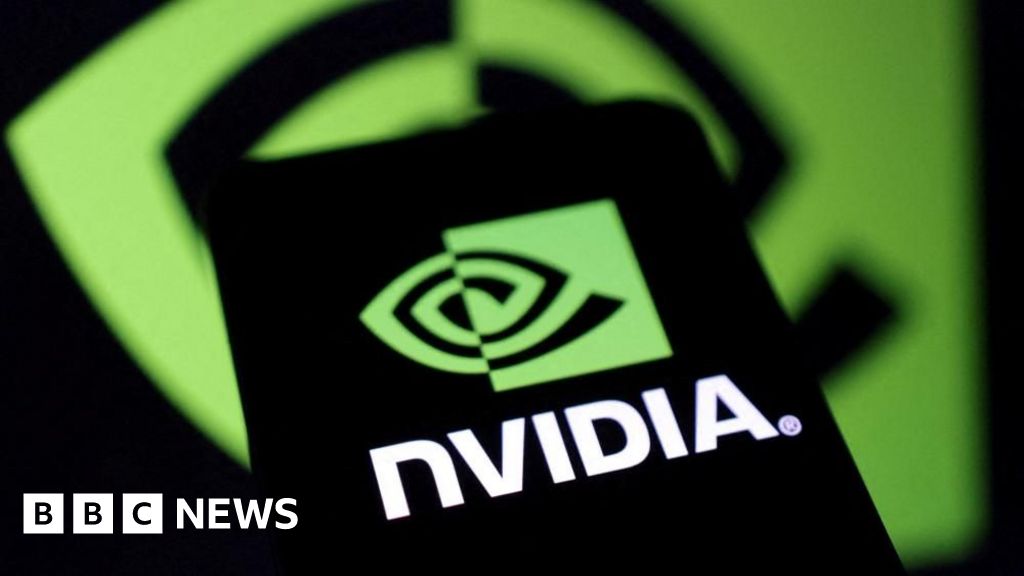Accounting Today’s readers often weigh in on our articles; some of their ideas and comments are below.
A proposal for accounting’s pipeline problem
I enjoyed your
As you know, the cost of college has gone up much faster than the cost of living. There are a number of reasons for that, but the reasons are really irrelevant for purposes of finding a solution to the CPA shortage problem.
Fewer people are becoming CPAs because they do a cost-benefit analysis. They know that they have other options. At least half of the courses students have to take to get a college degree are irrelevant for purposes of preparing for the CPA exam, and many of the liberal arts courses offered these days are more indoctrination than education at some universities.
Students only need about 15 classes to prepare for the CPA exam. That’s 45 semester hours. If the 150-semester-hour requirement were abandoned, they would be able to save 70% [(150-45)/150 = 70%] on their college education. And of course, we cannot forget the opportunity cost savings. Since they could enter the job market two or three years sooner, their lifetime earnings would increase by $100,000 or more.
University professors and administrators would scream at the thought, but so what? Students who want to earn a college degree would still be able to earn a college degree, but they would not have to. They would have a choice.
Technical (and business) certifications have proliferated in recent years. They serve a useful purpose. Students should not be forced to take English literature, poetry, biology, history or political science courses to qualify to sit for the CPA exam. If they have accumulated the knowledge they need to pass the CPA exam, it should not matter how they acquired the knowledge, or whether they have a college degree that is 50-75% irrelevant. Standards would not be adversely affected by abolishing the 150-hour requirement because the exam would remain the same. With more people entering the profession, competition would increase, which would be good both for the profession and for the general public.
Requiring 120-150 semester hours of college credit to sit for the CPA exam also has a disparate impact on poor and minority students, since they are the ones who can least afford a college degree. Abolishing the education requirement would be a big boost for them and would reduce the income inequality gap that now exists among the races.
— Prof. Robert W. McGee
Broadwell College of Business and Economics, Fayetteville State University
Is accounting’s sun setting or rising?
In response to an editorial asking if
There has been a shortage of doctors for years. The answer has become to allow “nurse practitioners.” If there aren’t enough CPAs, non-CPA accountants will be allowed to do certified audits.
Also, technology has changed all of the professions, not just CPAs. Doctors, lawyers and engineers are affected. Technology has allowed doctors to be more efficient and has taken away a lot of procedures that used to be done manually.
The Big Four are the leaders and had better wake up. CPAs require better pay to attract new professionals.
— Ronald Dearman, CPA
Treasurer/controller, Freedom Trucks LLC
Markets are made by supply and demand. The demand side of the profession is as strong as it’s ever been and I believe it will only get stronger. The supply side of the equation is where all the challenges are.
It is undeniable that interest in making a career in the profession is problematically impaired. The only way out is business model transformation to make a career in accounting a dream job again, so that people have the trusted advisors they need.
We think the ingredients for that are corporate governance, strong leadership, ambitious and well-resourced strategies, growth capital, innovative technology, effective outsourcing and modern currencies for rewarding your people. If you do not have these, I think your sun is setting. If you do, the future is very bright.
—David Wurtzbacher
Founder and CEO, Ascend
What unites accountants?
I’m responding to
- A desire to help others. Whether in public accounting, public companies or in private firms, advisors seem motivated by serving others. To know that they have helped an entrepreneur, a family, or an organization brings meaning and purpose to their lives. I have found this by asking — a lot — why do you do this work? (I’m not an accountant, but have lived in a CPA firm most of my life, and I wonder … .)
- More specifically, that “service” takes the shape of supporting decisions — whether clarifying information or evaluating options, they are often trying to help a business, business owner, or client with the decisions they are trying to make. I sometimes joke that we are “DSOs” — Decision Support Officers — for the companies we serve. Some of that is financial-related, but a lot of the support is for decisions that have very little to do with finances, and a lot to do with strategy, customers, family members, etc.
- In addition to supporting decisions, my other observation is that what leaders are looking for, and what advisors (by whatever name) provide, is certitude. To help understand what happened, to forecast what will happen, to make recommendations about what could happen — all of that is united by a goal of providing an element of certainty into the planning, evaluation, and decision-making process.
One other thing I think a lot about is the accounting-related advisor as the “most trusted” advisor. So many issues surround the financial aspects of business and personal lives, it puts the advisor with ties to accounting in a very important and trusted position. Many times, the root issues of a decision are not financial, but money is where the issues “show up.”
Whether it is friendship, fellowship, or feedback, advisors in the accounting industry help the people they work with feel a lot less lonely!
— Lance Woodbury
Principal, Pinion
Credit: Source link










